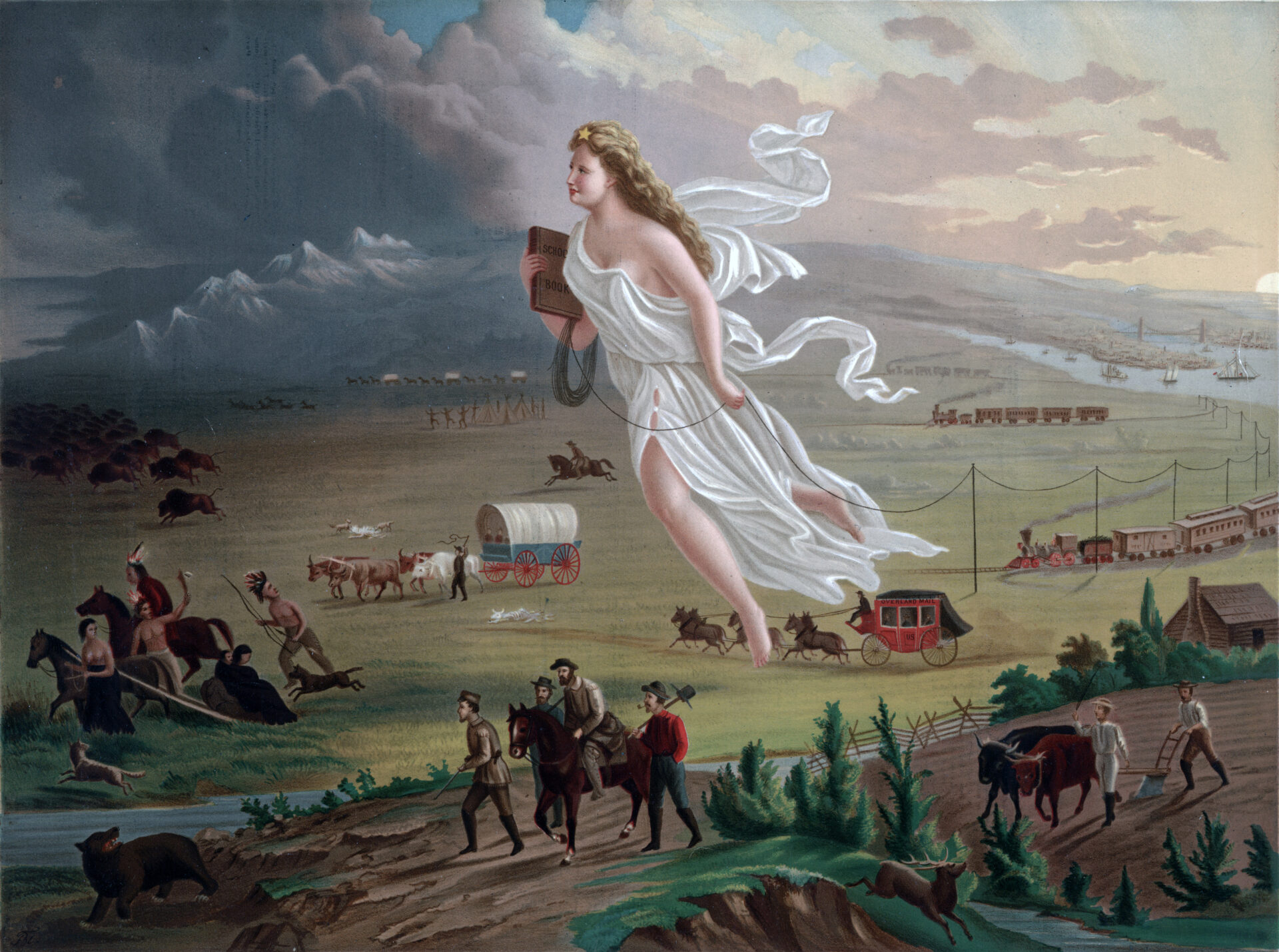Scientists and rationalists helped greatly to establish in the minds of the educated throughout the West two complementary concepts that were to serve as the foundations of the Enlightenment of the eighteenth century: first, the concept of a “natural” order underlying the disorder and confusion of the universe as it appears to unrefleeting people in their daily life; and, second, the concept of a human faculty, best called reason, which is obscured in most of humanity but can be brought into effective play by good—that is, rational—perception.
Both of these concepts can be found in some form in the Western tradition at least as far back as the ancient Greeks. What gave them novelty and force at the end of the seventeenth century was their being welded into the doctrine of progress—the belief that all human beings can attain here on earth a state of happiness, of perfection, hitherto in the West generally thought to be possible only in a state of grace, and then only in a heaven after death.
Not all the great minds of the seventeenth century shared this optimistic belief in progress and in the infallibility of reason. The many-sided legacy of this century of genius is evident, for example, in the contrast between two of the most important political writings issuing from the English Revolution: Thomas Hobbes’s Leviathan and John Locke’s Second Treatise of Government.
Published in 1651 and much influenced by the disorders of the English Civil War, Leviathan was steeped in Machiavellian pessimism about the inherent sinfulness of human beings. The state of nature, when people live without government, is a state of war, Hobbes argued, where people prey upon each other and human life is “solitary, poor, nasty, brutish, short.” The only recourse is for people to agree among themselves to submit absolutely to the Leviathan—an all-powerful state that will force peace upon humankind.
Hobbes (1588-1679) turned the contract theory of government upside down by having people consent to give up all their liberties; Locke (1632-1704) put the contract right side up again. Locke was a close associate of the Whig leaders who engineered the Glorious Revolution. In his Second Treatise of Government, published in 1690 as a defense of their actions, Locke painted a generally hopeful picture of the state of nature, which suffers only from the “inconvenience” of lacking an impartial judicial authority.
To secure such an authority, people contract among themselves to accept a government—not an omnipotent Leviathan— that respects a person’s life, liberty, and property; should a king seize property by imposing unauthorized taxes, then his subjects are justified in overthrowing their monarch. Locke’s relative optimism and his enthusiasm for constitutional government nourished the major current of political thought in the next century, culminating in the American and French revolutions. But events after 1789 brought Hobbesian despair and authoritarianism to the surface once more.
Meantime, exponents of the older Christian tradition continued to flourish on the Continent. One example is Blaise Pascal, a one-man personification of the complexities of the century of genius. He won an important place in the history of mathematics and physics by his work with air pressure and vacuums and, at the practical level, by his invention of the calculating machine and his establishment of the first horse- drawn bus line in Paris. Yet he was also profoundly otherworldly and became a spokesman for the high- minded, puritanical Jansenists, whose doctrines he defended with skill and fervor.
He dismissed as unworthy the concepts of God as mere master geometer or engineer and sought instead for the Lord of Abraham and the Old Testament prophets. He advocated acts of charity, especially by those with wealth and status, for God’s incomprehensible love had placed on them the obligation to look after the weak and poor. One night in November 1654, he underwent a great mystical experience in which he felt with absolute certainty the presence of God and of Christ. He spent his final years in religious meditation.
Another example is Baruch Spinoza (1632-1677), the century’s most controversial thinker, who was the son of a Jewish merchant in Amsterdam. Spinoza tried to reconcile the God of Science and the God of Scripture. He constructed a system of ethical axioms as rigorously Cartesian and logical as a series of mathematical propositions. He also tried to reunite the Cartesian opposites—matter with mind, body with soul—by asserting that God was present everywhere and in everything.
His pantheism led to his ostracism in Holland by his fellow Jews and also by the Christians, who considered him an atheist; his rejection of rationalism and materialism offended intellectuals. Spinoza found few admirers until the romantic revolt against the abstractions and oversimplifications of the Enlightenment over a century later.

